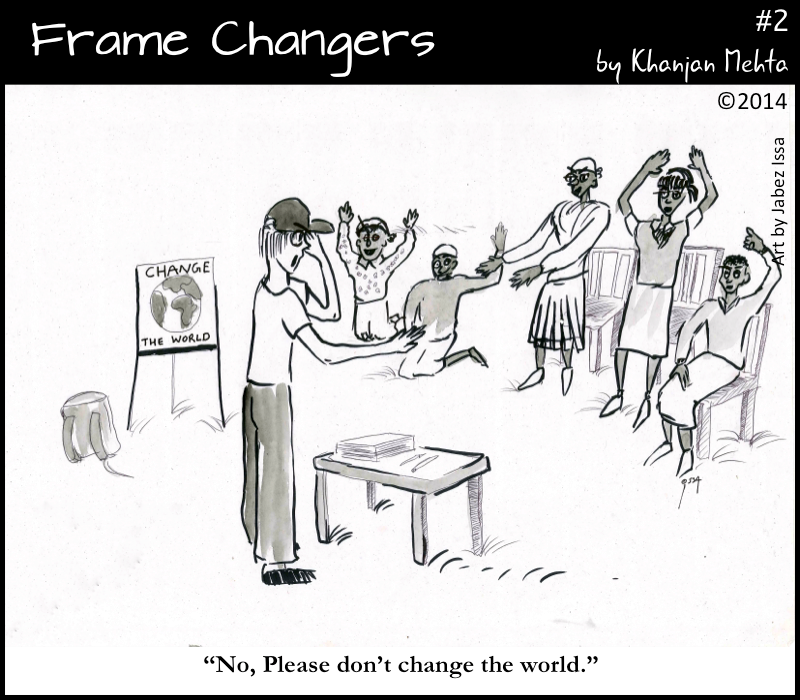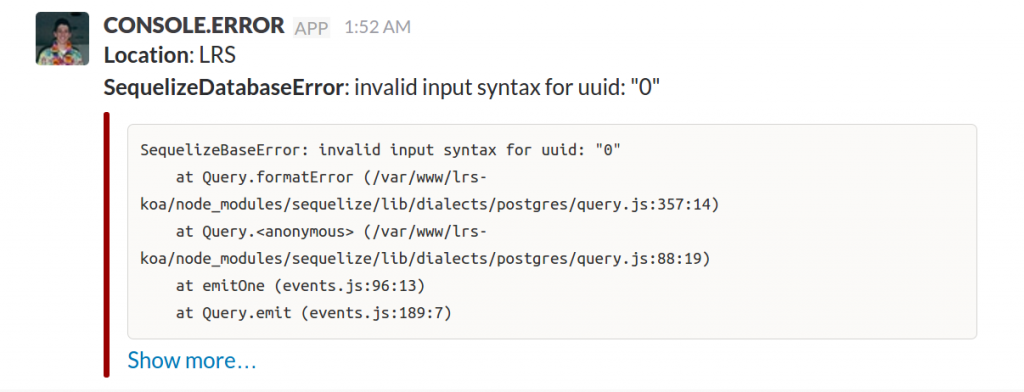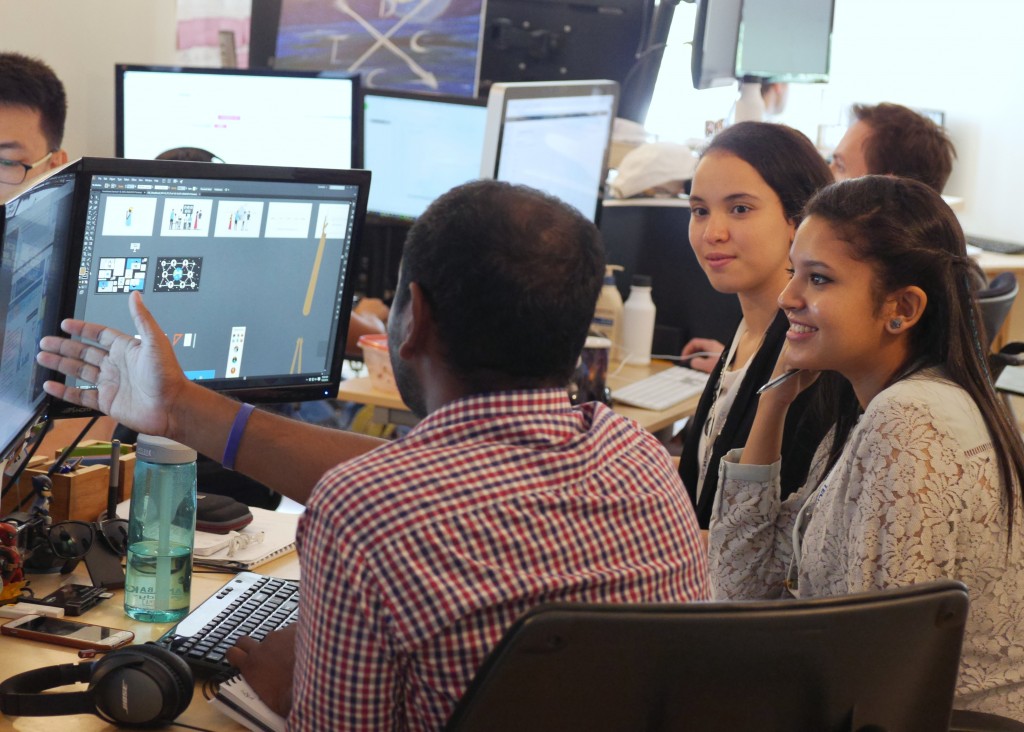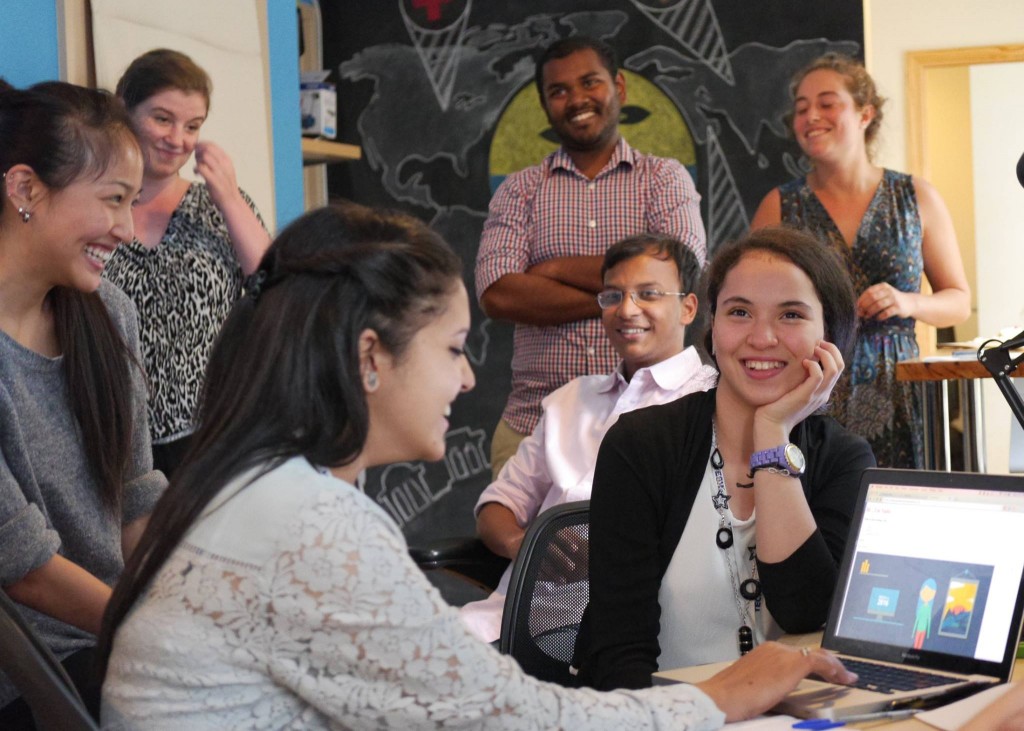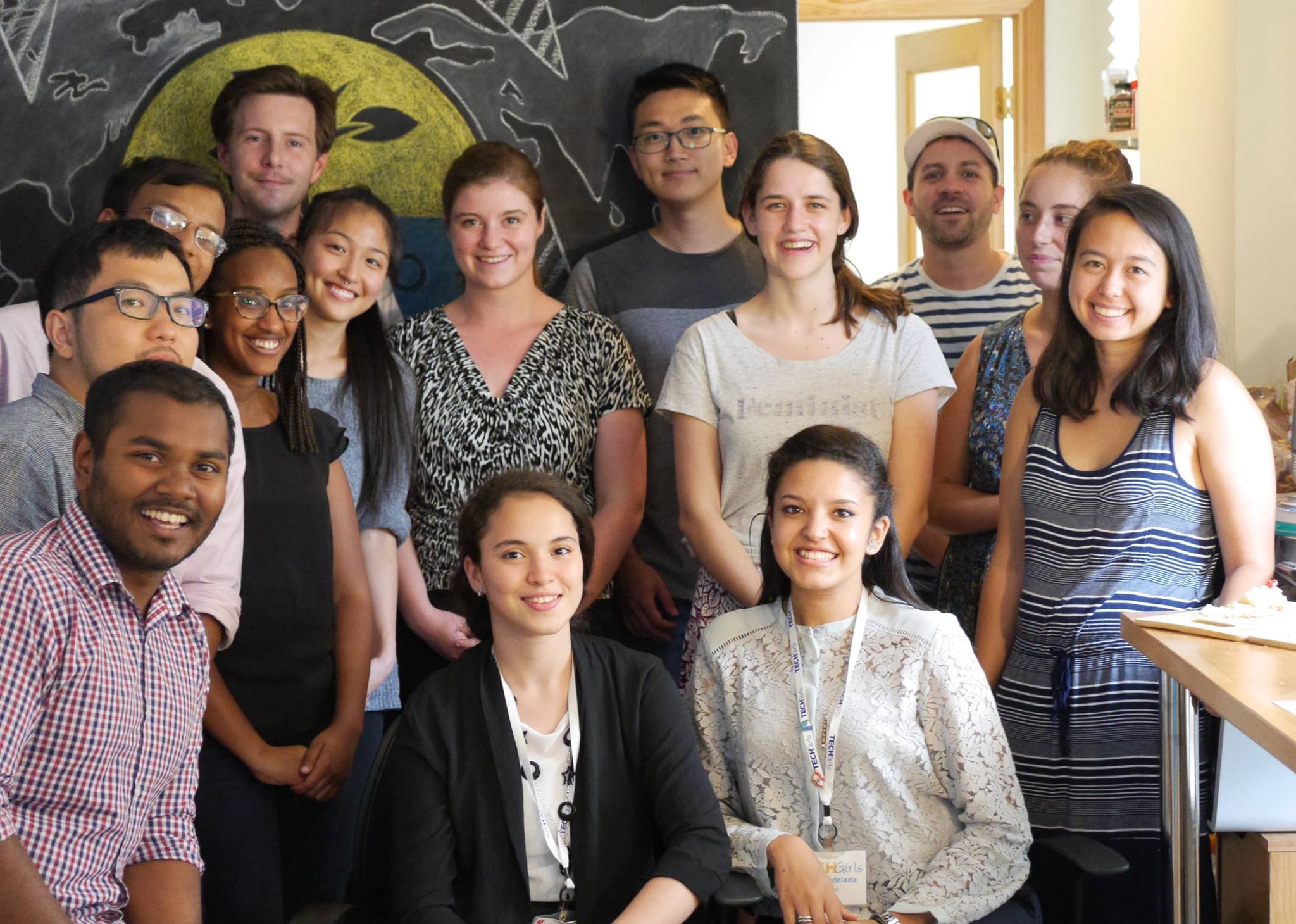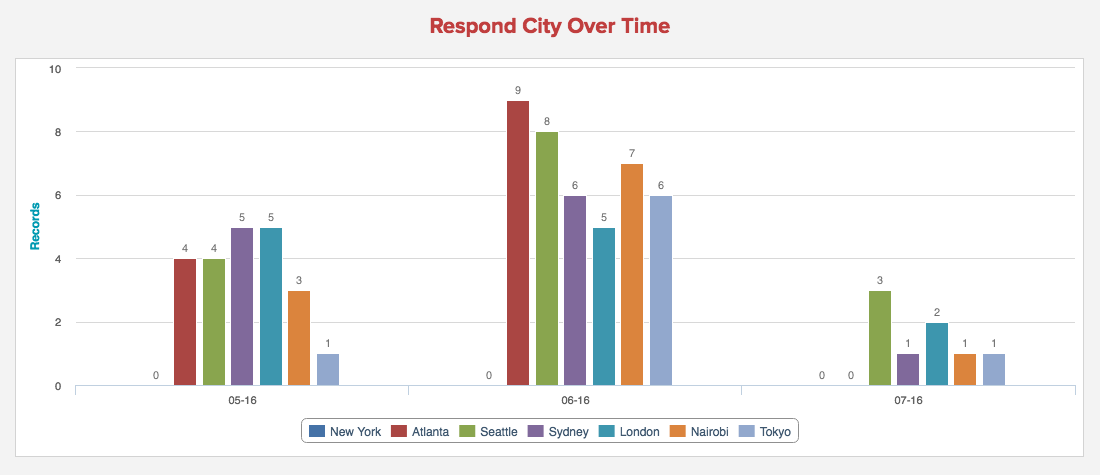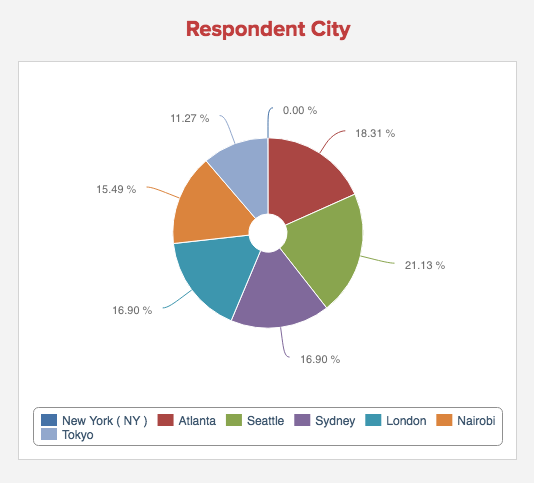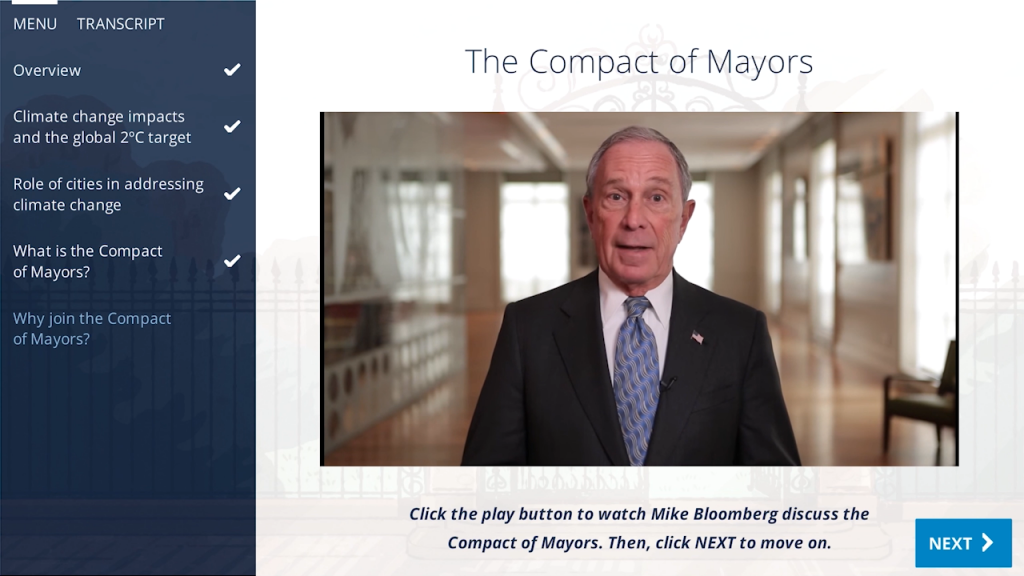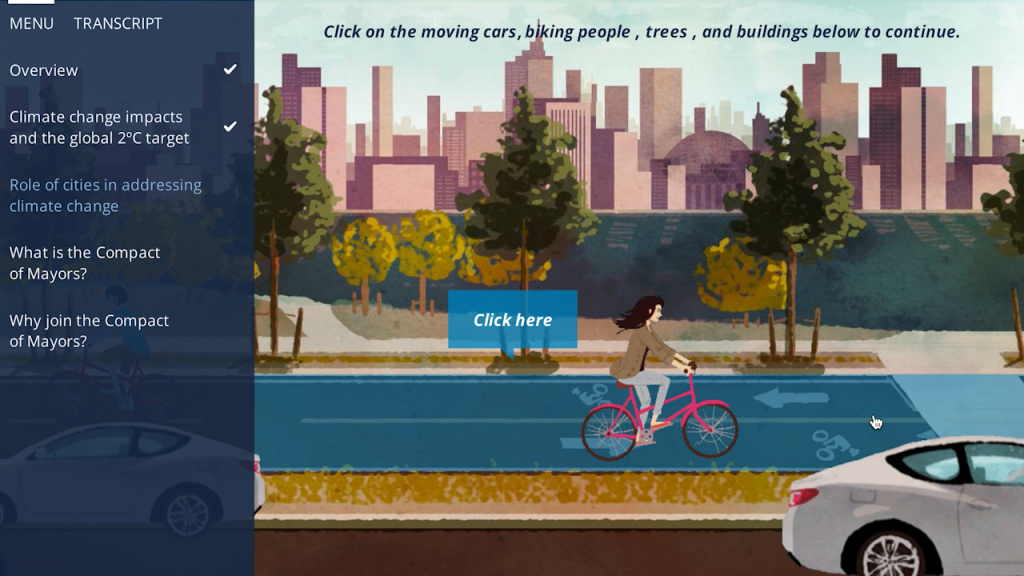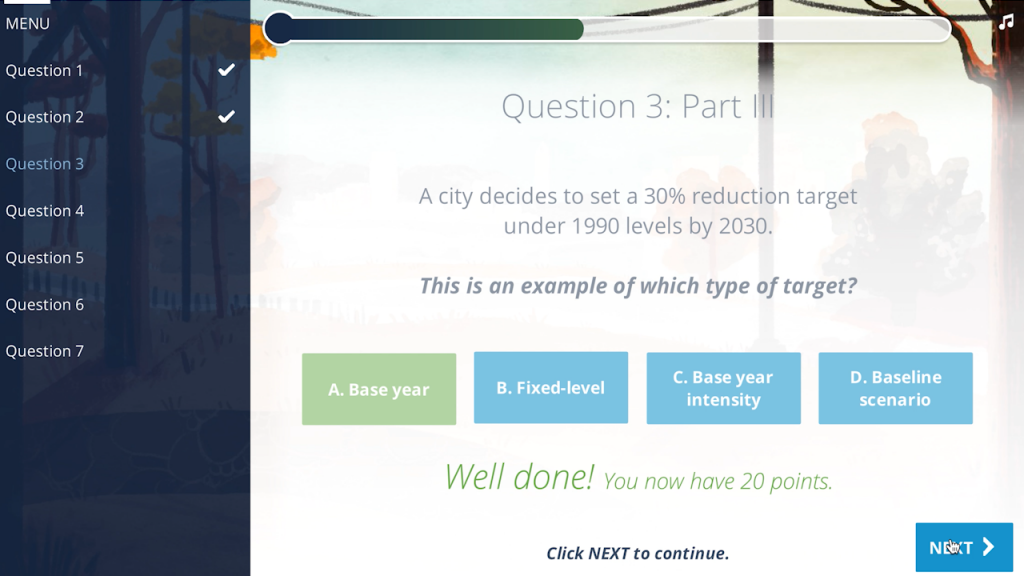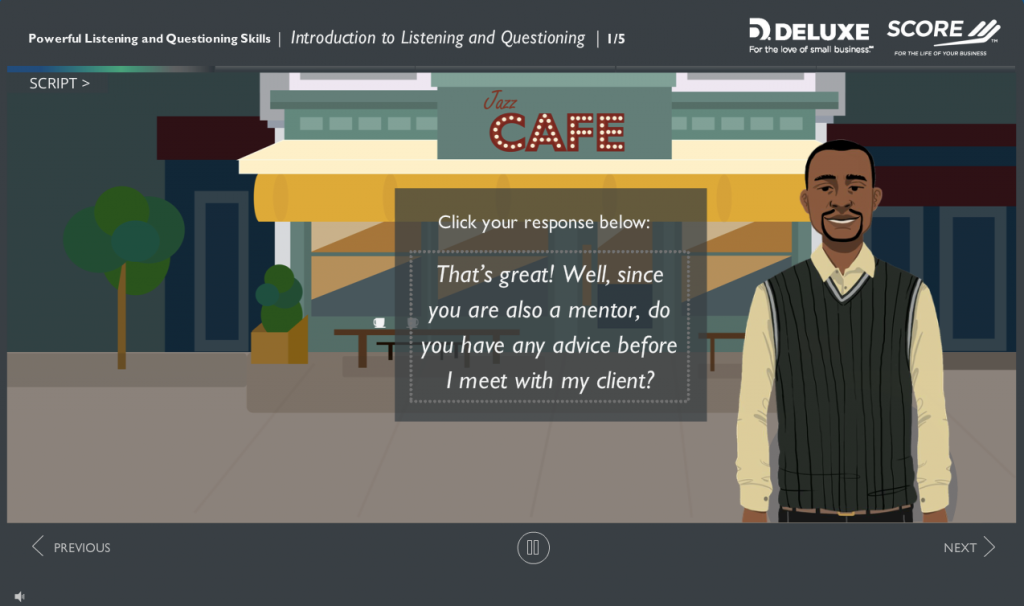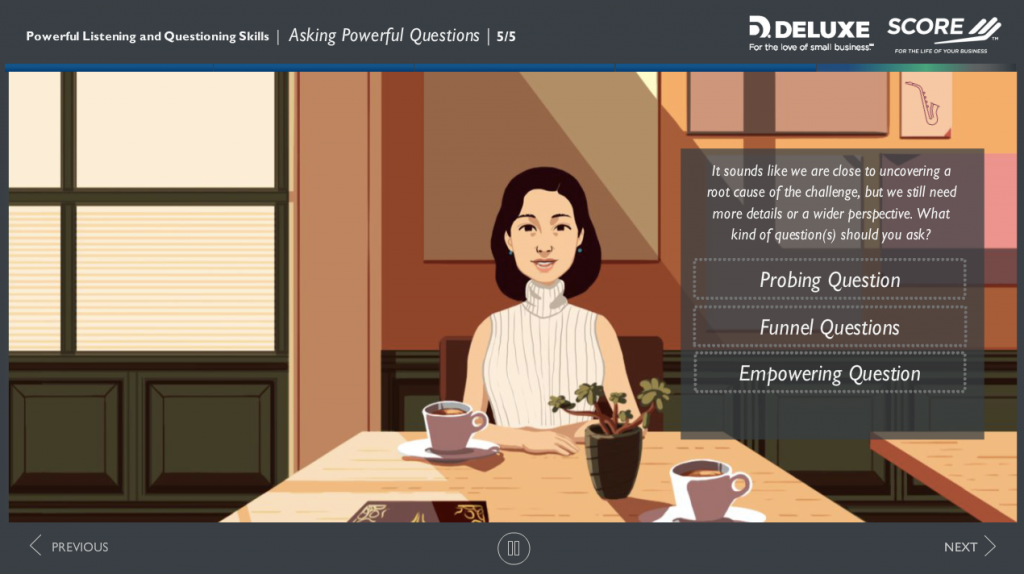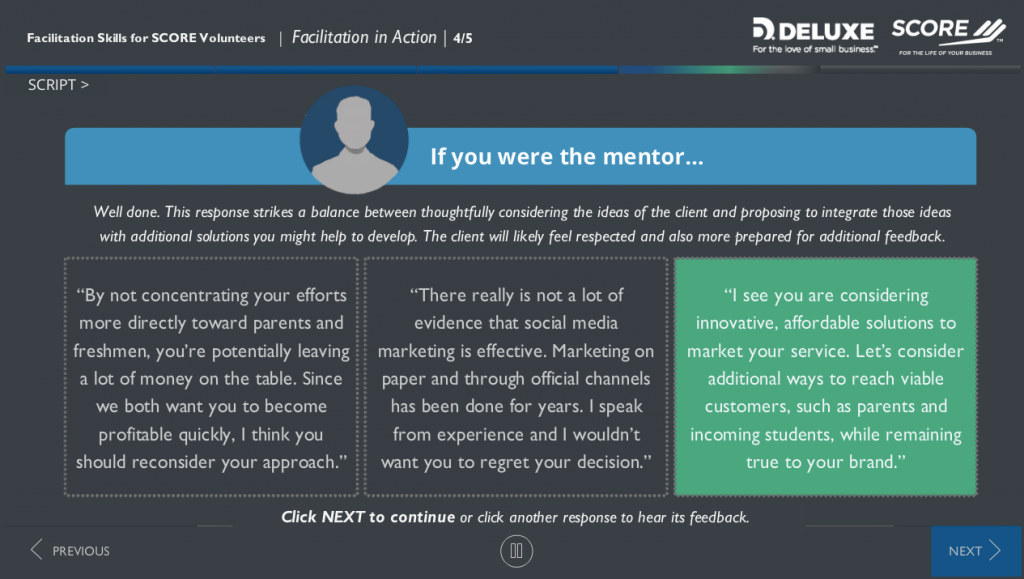Why do the newest online courses still feel like the same video lectures?
Six years ago, Moody’s declared the MOOC revolution in higher education officially started in Autumn 2011 after Sebastian Thrun released his Stanford class on Artificial Intelligence to over 180,000 students. Based on that assessment of MOOCs (Massively Open Online Courses), Coursera, Udacity, and dozens of other businesses launched to provide free access to university content, soon attracting over 8 million students to register for their courses.
And three years ago, TechCrunch (among others), declared MOOC revolution over after noticing that only half of registered users had watched even one lecture, and only 4 percent stayed long enough to complete a course. Worse, researched showed that rather than disrupting an customer base of students seeking an alternative to college, the majority of MOOC students already had university degrees, while those without access to higher education in developing countries were underrepresented among the early adopters.
While some online education providers have adjusted their model, such as nanodegrees with Udacity, or celebrity lecturers with MasterClass, the fundamental approach hasn’t changed since the early days of Lynda.com and Khan Academy: Students watch a video and take a quiz.
This, we are told, is comparable to a university experience. And, for those who have sat through 200+ student lecture halls, it very well may recreate that experience on topics that they are curious about. But not only is this massive, passive consumption of information boring, but lectures are also far less effective than other, more active forms of learning. And since active learning can as much as a 6% improvement in students grades by including such activities as call and response, or student discussions, the question has to be asked:
Why are we spending so much time and effort moving an ineffective model of learning online?
The most obvious explanation is that these platforms are being built for scale by producing content and then distributing to the widest possible audience, and then learning from that experience what to produce next. This is a Netflix-style approach to education, which may indeed be sufficient for an online audience already educated and looking to satisfy curiosity or acquire new skills. But there is no evidence that we can leverage more entertaining content to produce a superior online learning experience to anything that can be achieved in person.
That’s because educators know to value something that programmers may not: Online education is not best understood as a method by which content is pushed to the largest possible audience through a scalable platform (we already have YouTube), but rather as a constant cycle of facilitated, active learning, which combines platform and content to best suit student needs through regular feedback.
When I taught a course on Technology for Crisis Response at GWU last semester, it was not the short lecture sessions that the students remembered on course evaluations, but rather the interactive group projects on Text-It where groups had to quickly assemble SMS workflows in a simulated response. And universities already know this is a more effective method of instruction, which is why when they seek to reach mid-career professionals in graduate programs, they quickly discard any lecture-based approach to learning.
But….it’s not easy to take a MOOC-model and simply add forums, or Q&A sessions. Coursera learned that the hard way during the MOOC Mess of 2013, when their attempt to integrate Google Spreadsheets (which has a limit of 50 simultaneous editors) for a class of 41,000 students resulted in an unfixable disaster that led to the course being temporarily suspended. Oh, the Coursera course that was suspended? Fundamentals of Online Education: Planning and Application.
There’s nothing wrong with trying a new approach (and failing) when it comes to better reaching students online. And online platforms should be commended for regular experimentation. But attempting to apply a facilitated approach to a Netflix-style platform is like putting racing stripes on a four-door sedan: It will look terrible and you won’t fool anyone.
And until there is acceptance that the method of online facilitation is at least as important as the scalability of the content, there will never be substantial improvements in the learning experience, only more entertaining videos nobody has time to watch.
Image: By Discott (Own work) [CC BY-SA 3.0 (http://creativecommons.org/licenses/by-sa/3.0)], via Wikimedia Commons

